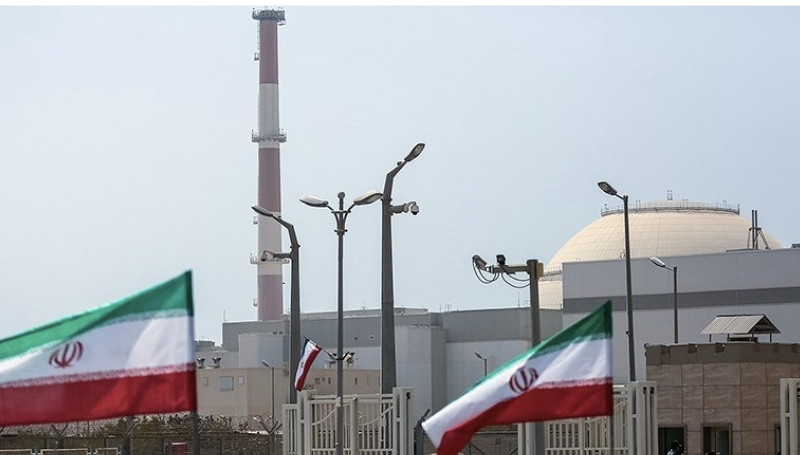Michael Eisenstadt
Washington Institute for Near East Policy, July 11, 2022
“In the present case, Iran will likely see the GCC+3 summit as both a provocation on its doorstep and a tempting opportunity to scuttle a possible U.S.-Gulf reset.”
For a number of reasons, Iran may attempt to disrupt and upstage Joe Biden’s imminent trip to the Middle East, his first as president. When President Trump conducted his first foreign trip in May 2017—to Saudi Arabia for a joint summit of the Gulf Cooperation Council (GCC) and the Organization of Islamic Cooperation—the Iran-backed Houthi rebel group in Yemen launched a missile strike on Riyadh just hours before his arrival. In response, Trump proposed killing Maj. Gen. Qasem Soleimani, the commander of Iran’s Islamic Revolutionary Guard Corps-Qods Force (IRGC-QF)—an idea he eventually acted on three years later. (Tellingly, the United States also tried to kill Abdul Reza Shahlai—the QF commander in Yemen—on the same day Soleimani was targeted.) On July 15-16, President Biden will be attending a similar event in Jeddah: a summit of the GCC+3, a collective that includes Egypt, Iraq, and Jordan along with the council’s six member states. Might Iran or one of its proxies try to disrupt this event, and if so, how?
Conflicting Trends and Considerations
Over the past six months, Iran appears to have gradually, though unevenly, reined in proxy activity against U.S. targets in Iraq and Syria. As Tehran continues to advance its nuclear program, entrench itself militarily in Syria, and support Lebanese Hezbollah’s precision missile project—and while its Iraqi proxies pummel Turkish forces and Kurdish oil infrastructure—overall proxy attacks against U.S. interests in Iraq and Syria are down by about 80 percent from peak levels in December 2021-January 2022, when pro-Iran militias intensified attacks after threatening to expel U.S. forces from Iraq if they did not leave by the end of 2021. With the exception of an April-May spike in rocket and drone incidents, most claimed attacks in Iraq over the past six months have involved the use of improvised explosive devices against coalition logistical convoys manned by local contractors—acts of performative resistance that pose little risk to American personnel.
Michael Eisenstadt is the Kahn Fellow and director of the Military and Security Studies Program at The Washington Institute.
To view the original article, click here


